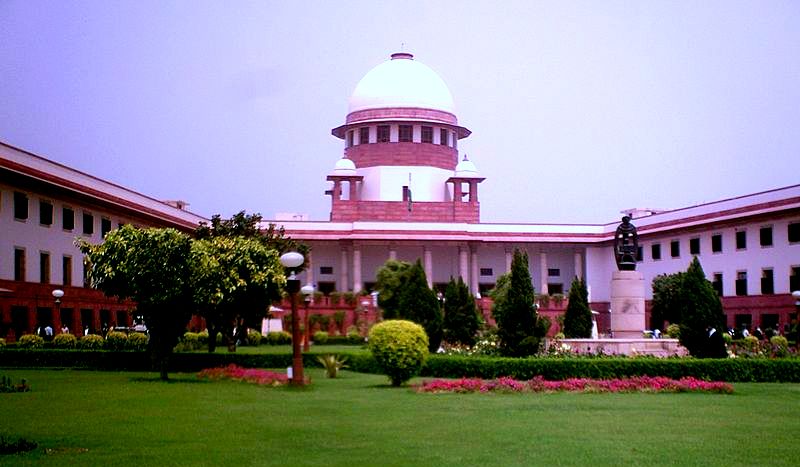New Delhi, 20th February 2023: The Supreme Court on Monday dismissed a plea seeking a uniform minimum age for marriage for both men and women. The court said that the courts can not legislate on matters reserved for the Parliament. A bench headed by Chief Justice DY Chandrachud said that the apex court can not issue a mandamus (an extraordinary writ) to Parliament to enact a law.
Not accepting the petition, the bench said, “We cannot make laws here (court). We should not think that we are the sole guardians of the Constitution. Parliament is also a guardian.” The petition was filed by apex court advocate Ashwini Upadhyay.
The petition sought equality in the legal age of marriage for men and women. In India, men are allowed to marry at 21, while the marriageable age for women is 18.
Justices PS Narasimha and JB Pardiwala said the petitioners want the age of marriage of women to be increased to 21, at par with men in India. The court cannot issue a mandate to the Parliament to make laws. “We reject this petition, leaving it open to the petitioner to seek appropriate directions.”
The petitioner further submitted that this petition was filed raising a question of law and the purpose would not be served by forming a task force to look into the issue. The petition claimed that the difference in the age of marriage violates the principles of gender equality, gender justice and the dignity of women.
The petition further states that while men in India are allowed to marry at 21, women are allowed to marry at only 18. This distinction is based on patriarchal stereotypes, has no scientific support, and is against de jure and actual inequality. The plea states that the younger spouse is expected to respect and serve their elder partner, which adds to the already existing gender-based hierarchy in marital relations.
